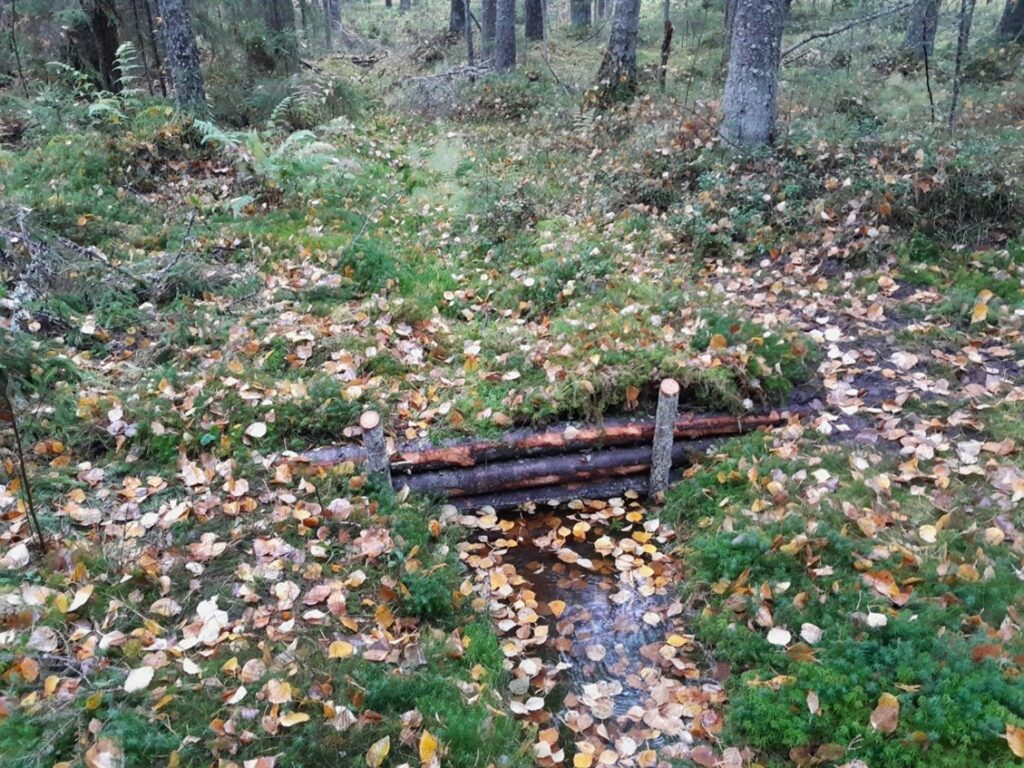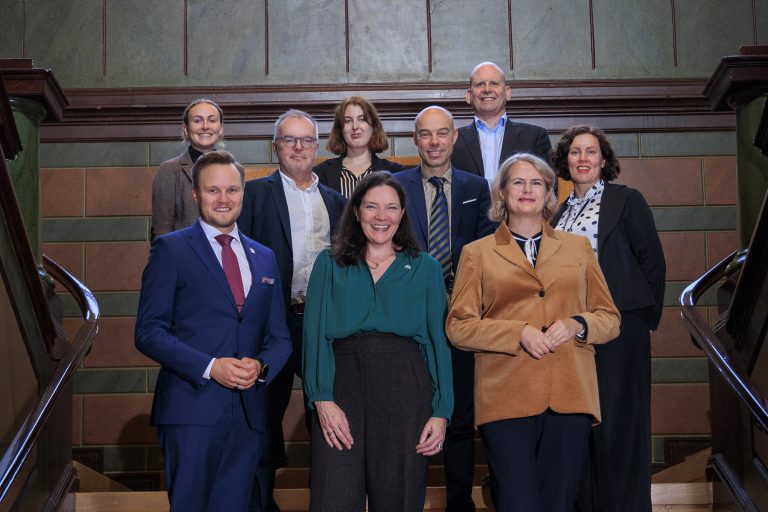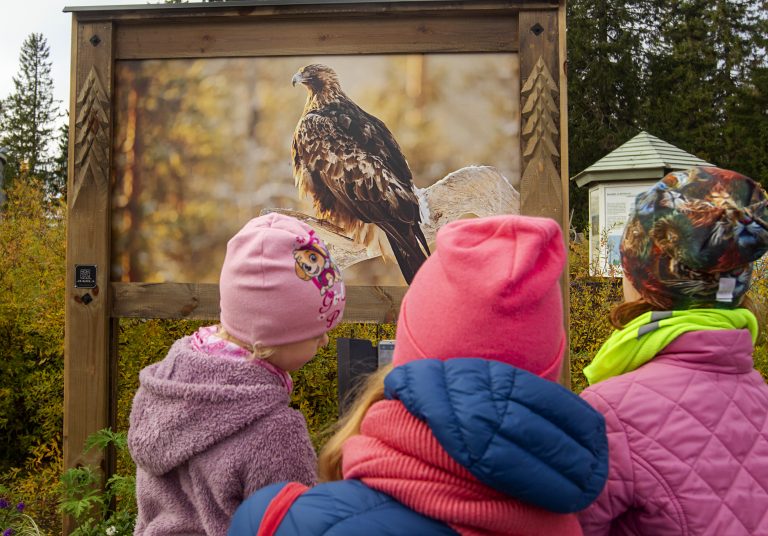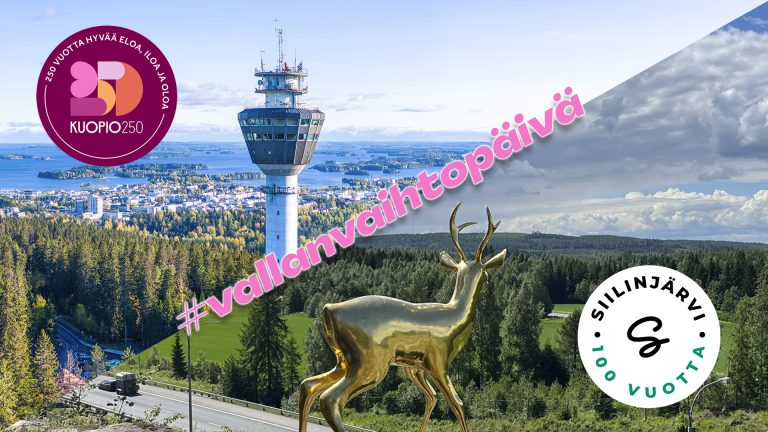Word Environment Day 2024 highlights nature restoration
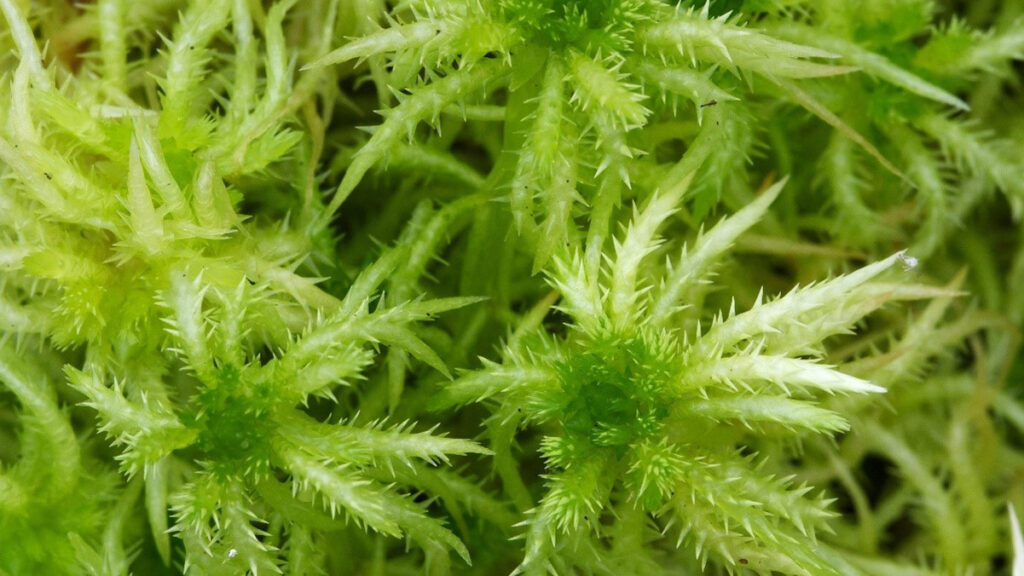
Today marks World Environment Day, the biggest international day for the environment! Meant to raise awareness about environmental issues, it was established by the United Nations Environment Program (UNEP) in 1973. This year’s theme is land restoration, desertification and drought resilience. In the context of nature restoration, peatlands are particularly important ecosystems in Finland.
Peatlands are a special type of wetland: Sphagnum mosses grow in areas with a high water-table. Because of this, plant matter decomposes much more slowly than it usually would. The lack of oxygen in the deeper layers further facilitates this process, and what we call ‘peat’ is formed over thousands of years from dead plant matter. One third of Finland’s landmass is made up by peatlands – almost 10 million hectares in total. Yet, more than half of that area has been drained for usage in forestry, while other parts are still used for the commercial production of peat for heating and horticulture.
Restoration of peatlands benefits biodiversity and the climate
Peatlands are important ecosystems in the context of Climate Change mitigation. When left in pristine condition, they act as carbon sink – since the plant material decomposes slowly, the carbon of this plant mass will stay in the ground instead of being released into the atmosphere as CO2. If a peatland is drained, though, the plant matter will start to decompose quickly, and therefore act as a source of CO2.
This is one of the reasons the restoration of peatlands has received a lot of attention recently. And aside from beneficial effects for the climate, this special kind of wetland provides a habitat for many different species of mammals, birds, insects and plants. Therefore, it is very important for biodiversity as well. The most important aspect of peatland restoration is to restore the right water-table to the area. This is mostly done by blocking drainage ditches.
